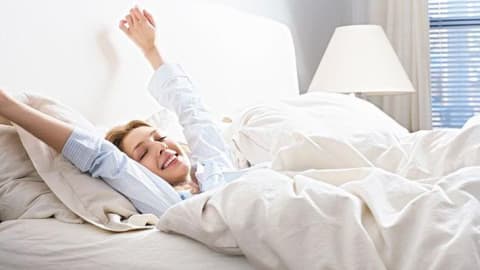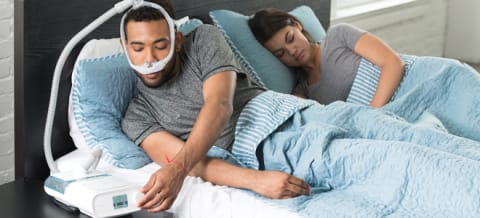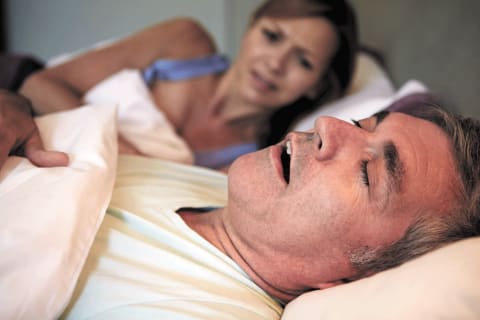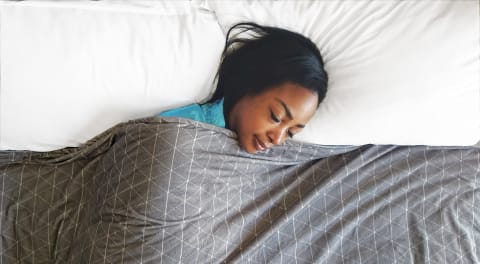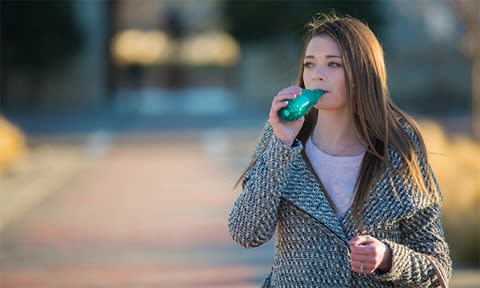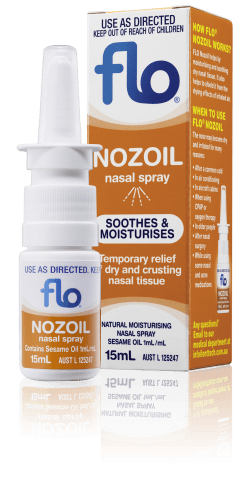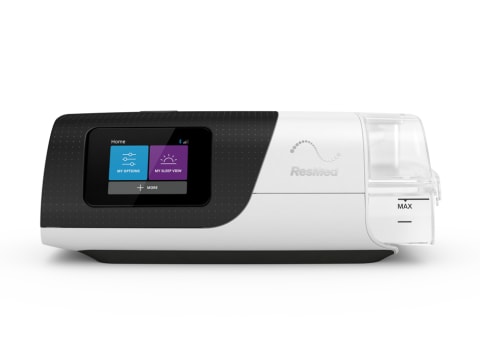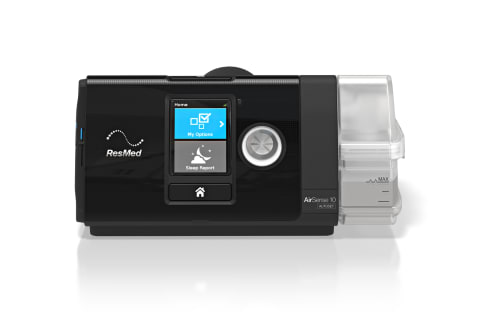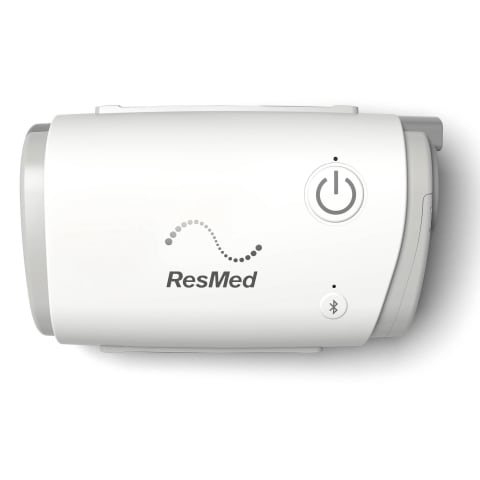Automatic CPAP Machines
Automatic CPAP (otherwise known as APAP, Auto CPAP, Variable Pressure CPAP or Smart CPAP) – is a newer form of CPAP machine, relative to the Fixed Pressure CPAP machine
Speak with your doctor first to obtain a proper diagnosis and before commencing CPAP treatment. ALWAYS READ THE LABEL AND FOLLOW THE DIRECTIONS FOR USE. If symptoms persist talk to your healthcare professional.
Read more...
There are many different brands of Automatic CPAP machines. Some of the most widely-used brands include ResMed Australia, Philips Respironics and Fisher & Paykel.
Other key features of the more premium Automatic machines include in-built humidification, heated tubing to reduce condensation (i.e. water dripping inside the tubing and mask during Winter), remote compliance monitoring and app support to allow for self-monitoring.
When considering a purchase of an Automatic CPAP machine, it is often worthwhile comparing it with a Fixed Pressure CPAP machine. Fixed pressure CPAP machines deliver a constant pressure of air in order to maintain an unobstructed airway while a patient sleeps.
Sove CPAP Clinic is a leading independent provider of Sleep Apnea treatment services, including CPAP treatment. Sove CPAP Clinic carries all major brands including ResMed, Fisher & Paykel, Philips Respironics, Transcend, Weinmann, Apex and Devilbiss.
Sove CPAP Clinic offers CPAP rental of machines and CPAP masks, as well as the sale of new and second hand CPAP machines. CPAP payment plans and price match guarantee available. We ship CPAP Australia wide and CPAP direct to your door.
Every patient’s treatment needs are different, and that is why Sove CPAP Clinic tailors and individualises each package around the patient’s needs. We work with the patient and Sleep Specialists to ensure patient’s receive optimal CPAP treatment. As a comprehensive sleep service provider, patients can access Sove CPAP Clinic’s service in-clinic, over the phone, via video conferencing and online.
Choose the Right CPAP Machine for Your Needs
Struggling with sleep apnea and snoring? A CPAP machine helps by keeping your airway open, preventing obstructions that cause apneas. With better, uninterrupted rest, you’ll breathe easier, sleep better and wake up feeling refreshed.
Choosing the right CPAP machine is key to a comfortable and effective therapy experience. There are three main types of CPAP machines, each designed to cater to different needs:
 ResMed AirSense 10 AutoSet 4G CPAP Machine & Mask Package
ResMed AirSense 10 AutoSet 4G CPAP Machine & Mask Package
 ResMed AirSense 10 Autoset For Her 4G CPAP Machine & Mask Package
ResMed AirSense 10 Autoset For Her 4G CPAP Machine & Mask Package
 Philips Respironics DreamStation Auto CPAP Machine with Humidifier
Philips Respironics DreamStation Auto CPAP Machine with Humidifier
 Fisher & Paykel SleepStyle+ Plus Auto CPAP Machine and Mask Pac...
Fisher & Paykel SleepStyle+ Plus Auto CPAP Machine and Mask Pac...
An Automatic CPAP (APAP) machine is a sleep apnea device that adjusts the air pressure it delivers throughout the night. Unlike a fixed-pressure CPAP, which stays constant, an APAP detects changes in breathing, airway resistance, or apnea events and adapts pressure as needed. This dynamic adjustment improves comfort, particularly for people whose needs vary due to sleep position, weight, or congestion.
APAPs deliver only the minimum effective pressure, reducing side effects like dryness or bloating. Many models include heated humidifiers, ramp settings, and app-based tracking. They are often prescribed to newly diagnosed patients or those who struggled with traditional CPAP.
APAP is ideal for:
- Newly diagnosed patients needing pressure titration.
- Positional sleep apnea sufferers whose needs vary by sleep position.
- People with seasonal allergies or congestion.
- Patients with weight fluctuations.
- Light sleepers sensitive to high pressure.
Fixed CPAP may still be better for patients with specific needs. Always consult your sleep physician before switching.
Most APAP machines operate below 30 decibels, comparable to a whisper. Advanced motors and sound-dampening materials keep them quiet. Some noise may occur with pressure changes or mask leaks, which can be reduced by ensuring a proper seal, securing tubing, or adding white noise. Ramp features also help by starting therapy at lower pressure.
Most APAP machines include built-in or optional heated humidifiers. These reduce dryness, congestion, sore throat, or nosebleeds. Heated tubing can prevent condensation ("rainout"). Whether you need humidification depends on your comfort and environment — try using your APAP with and without it to compare.
Key features include:
- Auto-adjusting pressure
- Heated humidifier & heated tubing
- Expiratory pressure relief (EPR)
- Ramp settings
- Data tracking & mobile apps
- Travel-friendly size
- Quiet operation & advanced algorithms
Daily: Wipe mask, empty & dry water chamber.
Weekly: Wash mask parts, tubing, and disinfect water chamber.
Monthly: Check and replace or clean filters. Use distilled water, keep the machine clean and dry.
Yes. APAP machines are medical devices allowed on flights. Carry a doctor’s note, prescription, and consider a portable battery. Use a travel case, empty the water chamber, and bring a surge protector or adapter if traveling internationally.
Signs of success include feeling rested, less snoring, improved alertness, and fewer morning headaches. Many machines provide data via apps to track therapy effectiveness.
Machines last 5–7 years. Replace components as follows:
- Mask cushions: every 1–3 months
- Headgear & tubing: every 6–12 months
- Humidifier chamber: every 6 months
- Filters: every 1–3 months

